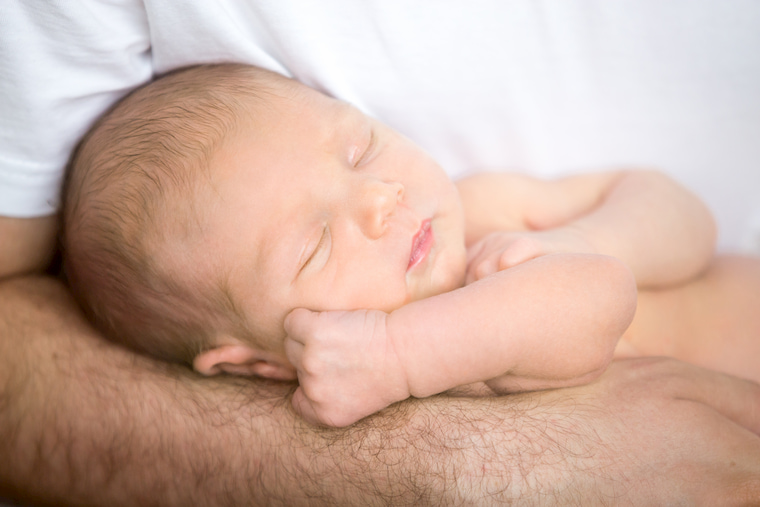
Transgender Man Unable To Register As Child’s Father
“We allow individuals a legal route to acquire gender; we must not then fall short when they wish to use those rights”
This was the disappointed response to a ruling from the High Court, whereby a transgender man, who delayed his hormone treatment to enable him to carry his own child, could not be registered as the child’s father on the birth certificate, but rather the parental status of mother would remain.
For the first time in English law, a mother as a parent status was defined as a ‘biological role in giving birth’, that is different to a person’s gender.
The case centred around Freddy McConnell, who was registered female at birth but had transitioned to male aged 22. Having undergone a double mastectomy and testosterone therapy, Mr McConnell, is registered on official documents as male and has a gender recognition certificate, identifying him as male in law.
Having made the decision to suspend his hormone treatment to become pregnant through fertility treatment and subsequently give birth to his son in 2018, Mr McConnell ran into difficulty when trying to register the birth of his child. In attempting to register himself as the child’s father, the registrar refused and insisted he was recorded as the child’s mother.
Mr McConnell felt the insistence of the registrar that his child had a mother on the birth certificate, rather than ‘father’ or ‘parent’, was a breach of his human rights under the Human Rights Act 1998, however it was the Family Law Act 1986 that legal representatives, acting on behalf of the child, that were used.
Clare Brooks, litigation friend for the Child, said:
“As to the contents of the birth certificate, in my view it is important for YY’s (the Child) identity and self-esteem that his birth certificate reflects the reality of his life. The person who gave birth to him was and is male. ‘Father’ means ‘male parent’. That is exactly what TT (the Father) is. The birth certificate could reflect this reality by either listing TT as ‘father’ or ‘parent’. Anything else gives the impression of something secretive or shameful. This could lead YY to feeling excluded from society and that he is different or odd.”
Despite the arguments regarding the best interests of the child, MacFarlane LJ concluded his long judgement;
“The principal conclusion at the centre of this extensive judgement can be shortly stated. It is that there is a material difference between a person’s gender and their status as a parent. Being a ‘mother’…is the status afforded to a person who undergoes the physical and biological process of carrying a pregnancy and giving birth. It is now medically and legally possible for an individual, whose gender is recognised in law as male, to become pregnant and give birth to their child. Whilst that person’s gender is ‘male’, their parental status, which derives from their biological role in giving birth, is that of ‘mother’.”
Whilst agreeing that current UK legislation regarding registering the birth of a child interferes with the right to a family life, it was found to be justified, proportionate and fair. The impact on Mr McConnell, his child and similar cases would be small compared go the ‘interests of third parties and society at large in the operation of a coherent registration scheme which reliably and consistently record the person who gives birth on every occasion as ‘mother’.’
Representatives of Mr McConnell, Hannah Saxe and Scott Halliday, family law experts at Irwin Mitchell have stated that there is likely to be an appeal as the existing laws breach human rights.










